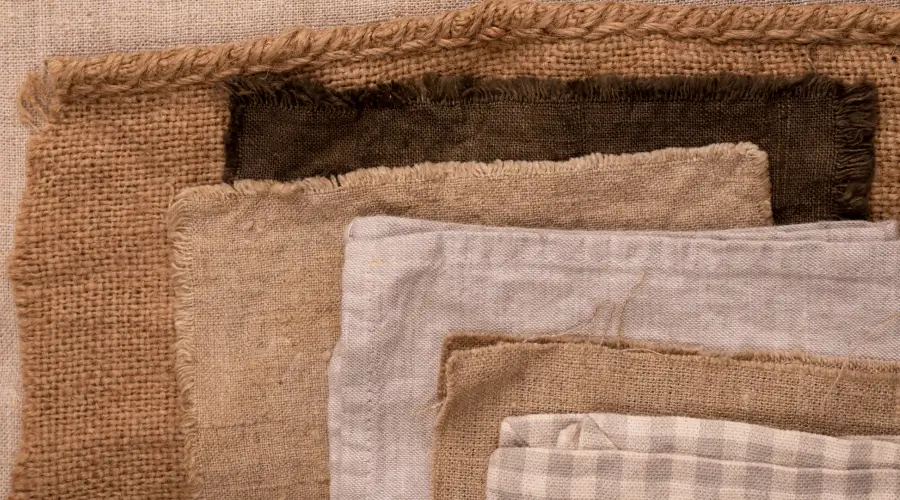
The Magic of Vermicomposting: Setting Up Your Own Home Vermicompost System
The Magic of Vermicomposting The Magic of Vermicomposting In recent years, sustainable practices and environmental consciousness have gained immense popularity.


The textile industry has long been recognized as one of the most polluting industries on our planet. From the extraction of raw materials to production, distribution, and disposal, every step in the life cycle of a garment leaves a significant ecological footprint. However, as awareness grows, so does the demand for change. In this article, we will explore the ecological impact of the textile industry and discuss actions we can take to make more planet-friendly clothing choices.
The Environmental Consequences: The textile industry poses a multitude of environmental challenges. Let’s delve into some key aspects:
Pollution: Textile production involves the use of hazardous chemicals, such as dyes, bleaches, and finishing agents. These chemicals find their way into water bodies, leading to water pollution and harming aquatic life. Furthermore, the energy-intensive processes contribute to air pollution and greenhouse gas emissions.
Resource Depletion: The production of textiles requires vast amounts of water, particularly in cotton cultivation. It takes approximately 2,700 liters of water to produce a single cotton t-shirt. Additionally, the industry relies heavily on non-renewable resources, including petroleum for synthetic fibers and wood pulp for rayon and viscose.
Waste Generation: Fast fashion culture has resulted in a throwaway mentality, leading to enormous textile waste. Landfills are overwhelmed with discarded garments that do not decompose easily, releasing harmful substances and exacerbating environmental degradation.
Actions for Sustainable Fashion: Fortunately, there are steps we can take as consumers to promote a more sustainable fashion industry. Here are some actions you can consider:
Embrace Minimalism: Resist the temptation of impulse buying and prioritize quality over quantity. Invest in timeless, durable pieces that can withstand the test of time and multiple seasons.
Choose Natural and Organic Fibers: Opt for clothing made from organic cotton, linen, hemp, or other sustainable plant-based fibers. These materials are grown without synthetic pesticides or genetically modified organisms, reducing environmental impact.
Support Ethical, Local and Sustainable Brands: Research and support fashion brands that prioritize sustainability, transparency, fair trade, and ethical production practices. Look for certifications such as GOTS (Global Organic Textile Standard) or Fair Trade labels.
Secondhand and Vintage Shopping: Extend the life cycle of garments by exploring secondhand and vintage stores. Not only can you find unique pieces, but you also contribute to reducing textile waste.
Rent and Share: Instead of buying clothes for one-time occasions, consider renting or borrowing from friends or platforms that offer clothing rental services. This helps reduce the demand for new items and promotes a circular economy.
Care and Repair: Properly care for your clothes by following care instructions, washing them less frequently, and repairing minor damages. This extends their lifespan and reduces the need for replacements.
Recycle and Upcycle: When garments reach the end of their life, explore recycling programs or get creative with upcycling projects. Transform old clothes into new items or donate them to organizations that can repurpose or recycle textiles.
Conclusion: The ecological impact of the textile industry is undeniable, but through conscious consumer choices, we can drive positive change. By embracing sustainable fashion practices and supporting brands committed to environmental and ethical responsibility, we contribute to a more sustainable future. Let’s prioritize the planet in our fashion decisions and be agents of change in an industry that can and must evolve for the well-being of our planet and future generations.
Continue reading to discover environmentally conscious actions that can make a positive impact on our world.
Continue reading to discover environmentally conscious actions that can make a positive impact on our world.

The Magic of Vermicomposting The Magic of Vermicomposting In recent years, sustainable practices and environmental consciousness have gained immense popularity.

The use of disposable diapers is a significant contributor to Canada’s waste and landfill problem, and many people are now turning to more eco-friendly alternatives like reusable diapers.
